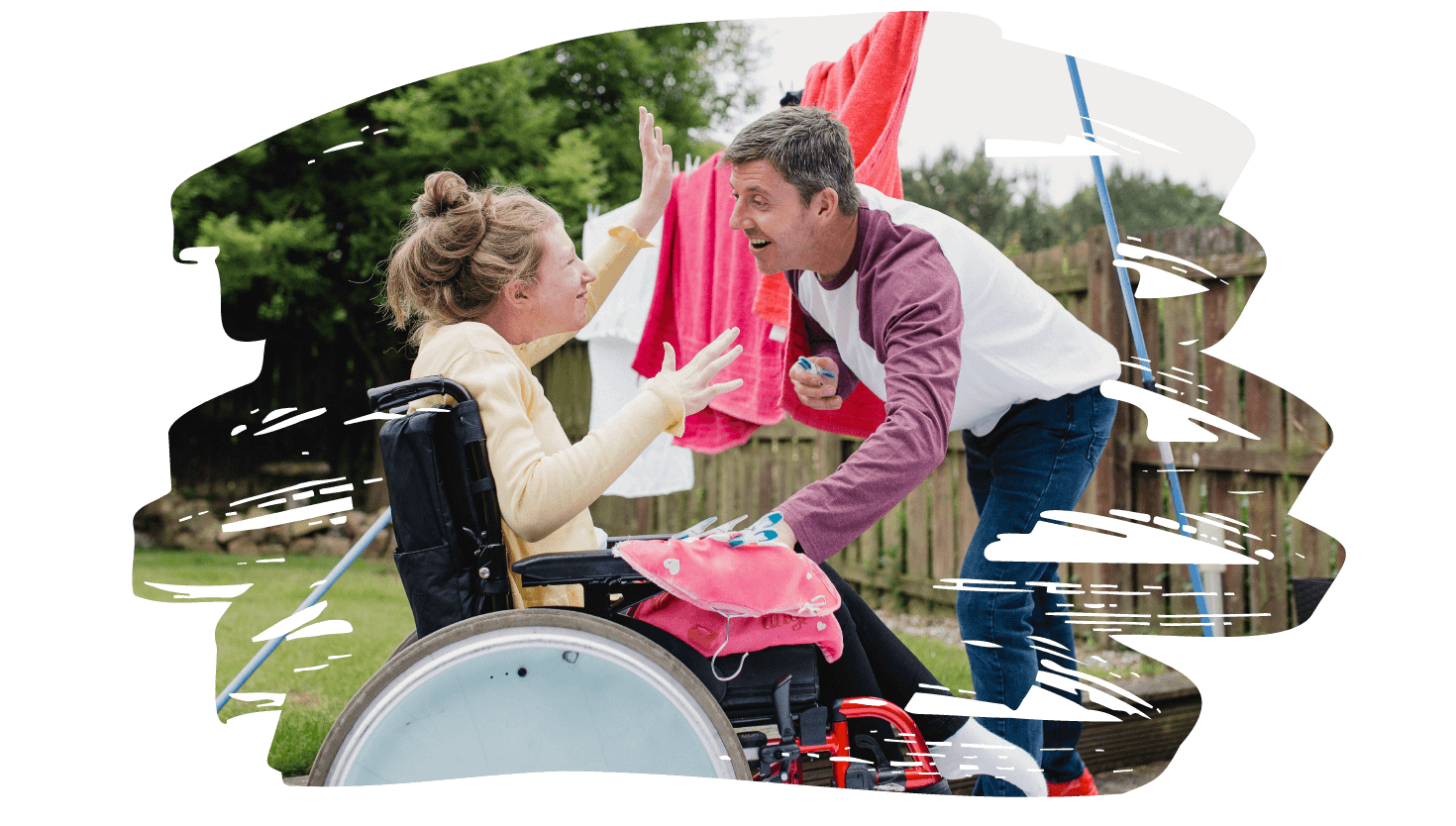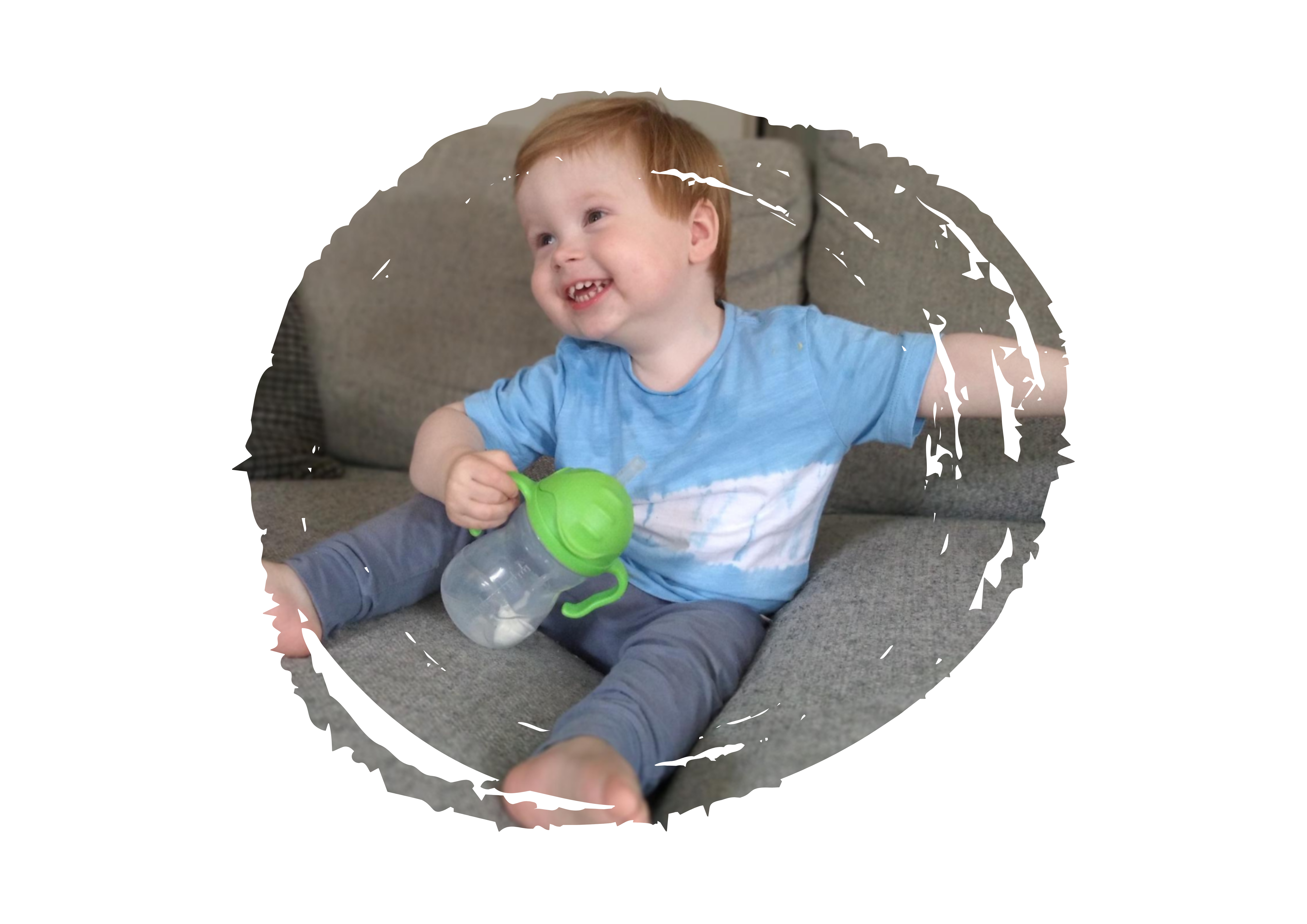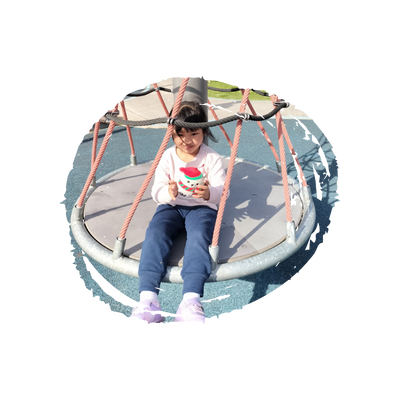Our practitioners work with you as part of a team that may include speech pathologists, occupational therapists, physiotherapists, positive behaviour practitioners, and habit coaches.
Because the best way to deliver positive change is to look at your life from all different angles and engage a range of practitioners whose understanding and skills are vital to help you make the positive changes that matter to you.
Watch our video to learn more about the Everyday Way we deliver services.






